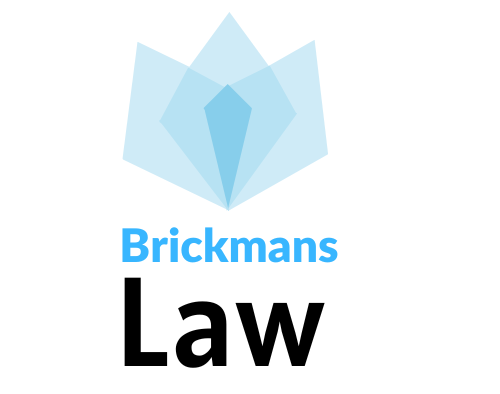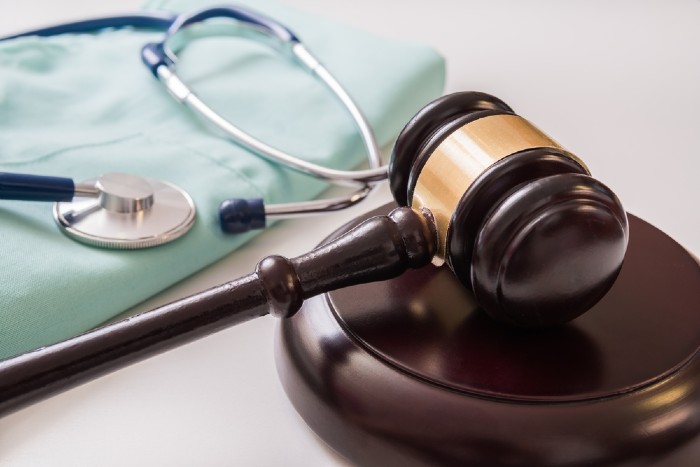Legal Provisions for Medical Malpractice
Regulatory and statutory provisions for medical malpractice in Nigeria
Medical Negligence is defined as an act or omission by a medical practitioner which falls below the accepted standard of care resulting in injury or death of the patient. Medical negligence is regularly used in place of medical malpractice; however, medical negligence is only one legal component of a medical malpractice issue.
There aren’t enough medical personnel, not enough medical equipment, and not enough health facilities. Consequently, medical professionals are unable to provide adequate services to meet the needs of the increasing populace.
The increase in cases of medical malpractice means there is an increasing need for patients to be protected from medical practitioners. Accordingly, the medical profession is now exposed to increased legal scrutiny.
Where a patient has sustained harm, injury or even death due to medical malpractice in Nigeria, there are provisions which they or any persons bringing claims on their behalf can rely on. They are:
- The Constitution of the Federal Republic of Nigeria, 1999
Section 33(1) provides that every person has a right to life, and no one shall be deprived intentionally of his life, save in execution of the sentence of a court in respect of a criminal offence of which he has been found guilty in Nigeria.
Section 17(3)(d) also sets out that the State shall direct its policy towards ensuring that there are adequate medical and health facilities for all persons.
Thus, every citizen of Nigeria has a constitutionally protected right to life and the Government needs to ensure that this is guaranteed through the provision of adequate health care services. This responsibility is divided between the federal, state, and local government.
- In Nigeria, the Medical and Dental Practitioners Act 2004 (the Act) is the principal law which regulates the medical profession.
Section 1 of the Act establishes the Medical and Dental Council of Nigeria (MDCN). The MDCN regulates the practice of Medicine, Dentistry and Alternative Medicine and sets out the rules of professional conduct for medical and dental practitioners in its Code of Medical Ethics in Nigeria, 2008 (the Code).
The Code sets out instances of what constitutes medical negligence; some of these are –
- Failure to attend promptly to a patient requiring urgent attention when practitioner wain a position to do so.
- Manifestation of incompetence in the assessment of a patient.
- Making an incorrect diagnosis particularly when the clinical features were so glaring that no reasonable skilful practitioner could have failed to notice them.
- Making mistake in treatment (e.g., amputation of the wrong limb)
- Failure to obtain the consent of the patient (informed or otherwise) before proceeding on any surgical procedure of treatment, when such a consent was necessary. Etc.
- Section 15(3) of the Act establishes the Medical and Dental Practitioners Investigation Panel (the Panel) which is a court of first hearing in matters of alleged infamous conduct in a professional respect that are properly brought before the Medical and Dental Council of Nigeria. They carry out preliminary investigations of any allegation of infamous conduct in professional respect made against a medical practitioner, and where the allegations have merit, the Panel will forward the case to the Tribunal for trial.
- Section 15(1) of the Act establishes the Medical and Dental Practitioners Disciplinary Tribunal (the Tribunal). The Tribunal has the status of a High Court of the Federal Republic of Nigeria and practitioners who appear before it, whether as complainants, defendants, or witnesses, whether or not they are also represented by a lawyer, must conduct themselves as they would before a high court.
The Tribunal is empowered by Section 16(2) of the Act to-
- Order the Registrar to strike the person’s name off the relevant register or registers; or
- Suspend the person from practice by ordering him not to engage in practice as medical practitioner or dental surgeon, for a period not more than 6 months; or
- Admonish the person
A medical practitioner who is not satisfied with the decision of the Tribunal has the right to appeal.
- the Criminal Code Act
For a medical practitioner to be criminally liable, the act or omission must be one of gross negligence i.e. the negligence must show such disregard for life and safety that also amounts to a crime against the State.
Section 303
“It is the duty of every person who, except in a case of necessity, undertakes to administer. surgical or medical treatment to any other person, or to do any other lawful act which is or may be dangerous to human life or health, to have reasonable skill and to use reasonable care in doing such act; and he is held to have caused any consequences which result to the life or health of any person by reason of any omission to observe or perform that duty.”
Section 305
“When a person undertakes to do any act, the omission to do which is or may be dangerous to human life
or health, it is his duty to do that act; and he is held to have caused any consequences which result to
the life or health of any person by reason of any omission to perform that duty.”
Any medical practitioner who undertakes to give medical or surgical treatment to anyone must have reasonable skill and use reasonable care in carrying out the treatment. The omission to exercise the duty effectively will have criminal consequences for the medical professional.
Section 343(1)(e)
“Any person who in the manner so rash or negligent as to endanger human life or to be likely to cause harm to any other person, gives medical or surgical treatment to any person whom he has undertaken to treat, is guilty of a misdemeanour and is liable to imprisonment for one year.”
Thus, where a medical practitioner takes action that causes or is likely to cause harm to a patient, he may be found guilty and sentenced to prison.
- The African Charter on Human and Peoples’ Right (Ratification and Enforcement Act), 1990
The provisions of the Charter are to be given recognition and effect, it can be applied by authorities and persons exercising legislative, executive, or judicial powers in Nigeria.
Article 14 of the Charter provides that
“Every individual shall have the right to enjoy the best attainable state of physical and psychological health; State parties to the present Charter shall take the necessary actions to safeguard the health of their people and to ensure that they receive medical care when they are sick”
- National Health Act, 2014
Section 1 establishes a National Health System which provides a framework for the standards and regulation of health services.
Section 20 (1) provides that a healthcare provider, health worker or health establishment shall not refuse a person emergency medical treatment for any reason.




